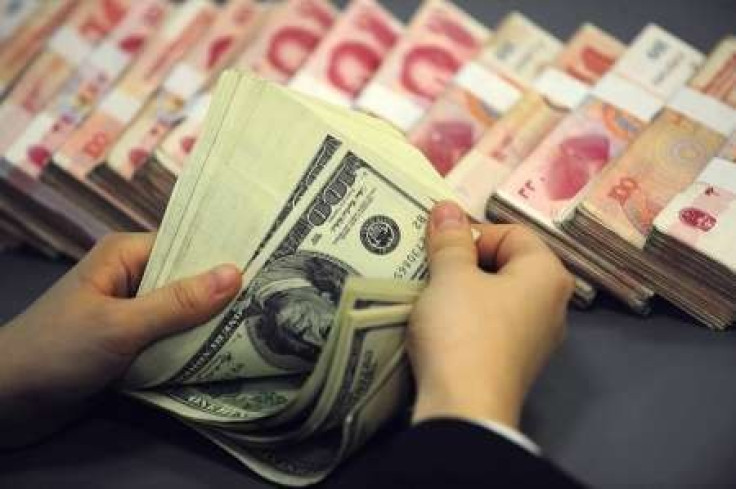China FDI rises despite western concerns over business environment

Foreign Direct Investment (FDI) in China spiked up for 13th straight month in August, despite complaints from the US and European companies over alleged unfair business environment and the Chinese government's favors for domestic firms.
FDI to China increased by 1.4 percent to $7.6 billion in August year-on-year, according to the Ministry of Commerce.
From Jan-Aug, total FDI stood at $65.96 billion, up 18 percent compared with the same period last year.
According to a recent report from the United Nations (UN), China, which stood second in attracting FDI globally in 2009, will remain the most attractive destination until the end of 2012.
In 2009, FDI to China stood at $95 billion while the US attracted $130 billion, the UN report said in July.
On Monday, Chinese Premier Wen Jiabao gave assurance on creating level playing field for foreign companies in the country. In reply to growing concerns over his policies favoring domestic companies, he also promised equal treatment for all products made in China in government procurement.
Last week, the European Union Chamber of Commerce expressed concerns over the barriers for its members in China, contending that there existed discrimination in enforcing environmental and labour laws and in certification requirements for market access for foreign firms.
A similar concern was expressed by the US in July over China’s indigenous innovation policy that supported domestic technologies.
The European and the U.S. trade bodies said that their products are not treated on par with the local products and the new rules favor domestic companies in government procurement.
Earlier this week, World Bank’s president Robert Zoellick urged both the countries to go cautiously on trade issues, adding that protection measures were quite dangerous.
With China being the top destination, the FDI globally is estimated to reach $2 trillion by 2012, according to the UN’s trade and development agency.
Analyst see low-cost labour and domestic market potential as the main reasons behind increasing FDI flows to China.
© Copyright IBTimes 2024. All rights reserved.











